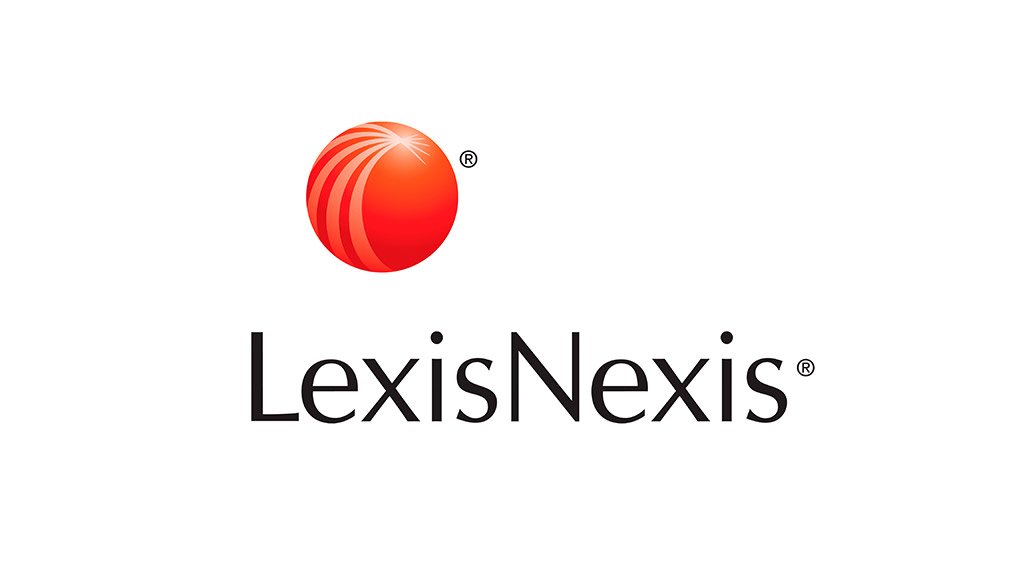The speed at which business operates today often means that suppliers and contractors are on-boarded quickly without proper vetting procedures. When the vetting of these vendors takes place after the service is rendered, it could expose companies to risks such as employee conflict of interest. With regard to conflict of interest, one way to steer clear of these risks is by managing employee declarations of interest in the workplace, says Rudi Kruger, General Manager at LexisNexis Data Services.
“Employee declarations of interest ensure that employees are transparent about their business interests outside of the organisation and that any close relatives or associates are identified to avoid conflicts between your company and the vendors you will be conducting business with,” said Kruger.
There are several key areas of focus that should be considered when preparing an employee declaration form. These include:
Private work – It is vital to establish whether your employee engages in private commercial activities outside of his/her nine-to-five job that produces additional income and whether this private work could potentially affect your business.
Family members - Does your employee have any relatives that may influence their objectivity when it comes to dealing with your organisation? “Remember, family members can be related through birth, marriage, domestic partnership, adoption or guardianship,” said Kruger.
Associates – Like family influence, it is important to establish whether your employee is associated with a business partner who may influence his/her objectivity when it comes to dealing with your organisation.
Existing supplier - Has your employee been involved in any activity that was linked to your procurement process prior to employment? “Employees must be encouraged to make an honest declaration if they have ever engaged with your organisation as a vendor or an employee of a vendor and had direct contact or influence with your procurement department,” said Kruger.
While employee declarations will assist with information gathering, the onus is still on the organisation to run vital checks, particularly Companies and Intellectual Property Commission (CIPC), property ownership and director status. Vetting the employee in this regard will uncover whether the employee is still an active member or director of any registered company or if there are any properties currently or previously owned by them. “In the case of joint ownership, the co-owner of the property could be linked to your organisation or a vendor, contracted to your organisation. Links are often established through joint asset ownership and directorships,” explained Kruger.
When identifying a link between an employee and a vendor through a previous directorship, Kruger said it is important to identify the director status of the employee at the time of vendor onboarding. “While a director status may reflect a resigned status, at the time your organisation signed the contract with the vendor, your employee may have in fact been an active director with influence over the onboarding process,” he said.
Additionally, your vendor database is a key tool involved in the conflict identification process. “By processing checks against external data providers and then your organisation's vendor database, key conflicts that link to fraud and collusion can be identified,” he said.
Checking against internal restricted lists is also useful. “Vendors exist on your internal restricted list for good reason. Make sure you are following up with conflicts identified between your employee and a vendor or connection found on your internal restricted list no matter how old the connection is,” said Kruger.
A solution that is extremely useful in the procurement process for identifying risks is Lexis ® ProcureCheck, an easy to use web-based system designed with the ability highlight external business interests of employees within your organisation. The solution is effective in discovering potential connections, ownership of property, connections or unscrupulous behaviour between staff and vendors. This is achieved through regular vendor and staff vetting, as well as detailed conflict of interest reports. Lexis ProcureCheck runs CIPC checks, property checks and can assist with verifying an employee’s director status. In addition, Lexis ProcureCheck runs ongoing monitoring, provides automated irregularity alert reports and allows users to create a personalised internal vendor list, which helps with separating preferred vendors from those that are non-preferred vendors.
Written by Rudi Kruger from LexisNexis
EMAIL THIS ARTICLE SAVE THIS ARTICLE ARTICLE ENQUIRY
To subscribe email subscriptions@creamermedia.co.za or click here
To advertise email advertising@creamermedia.co.za or click here











